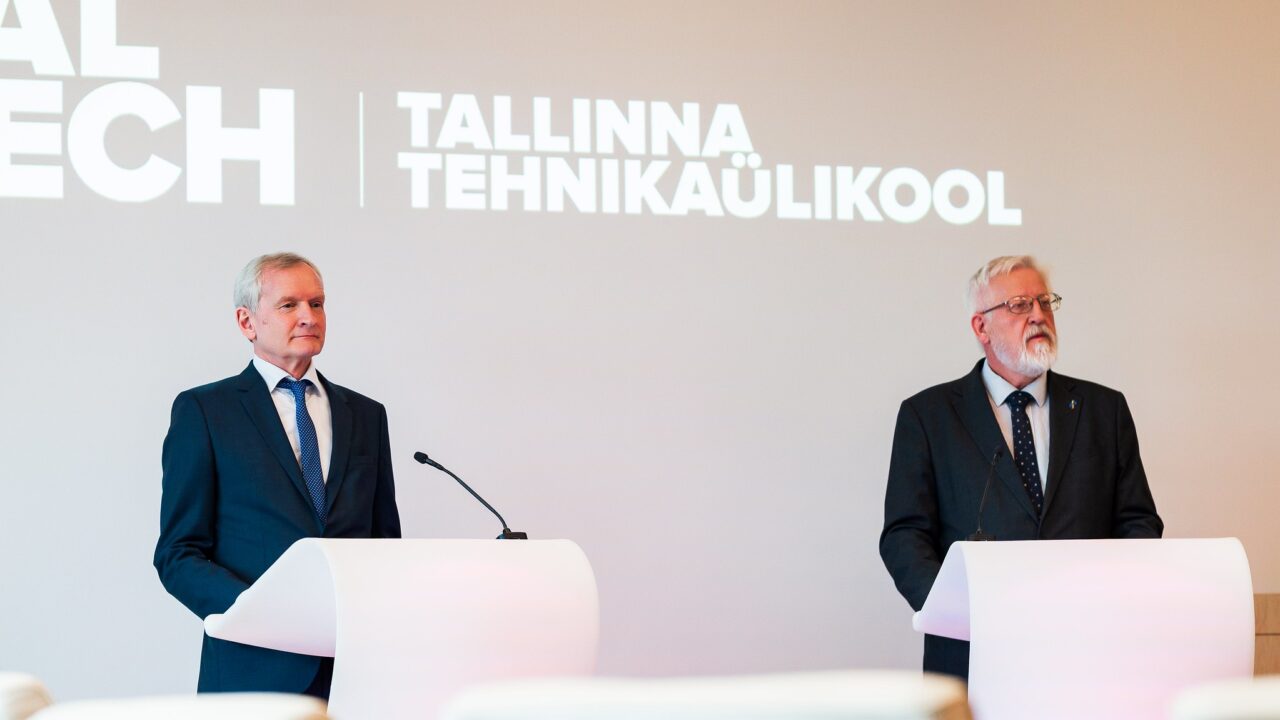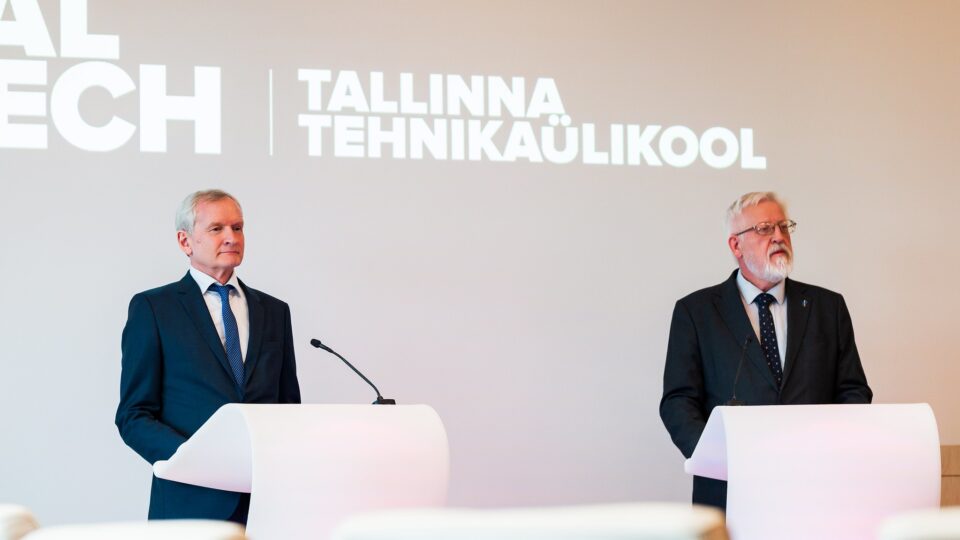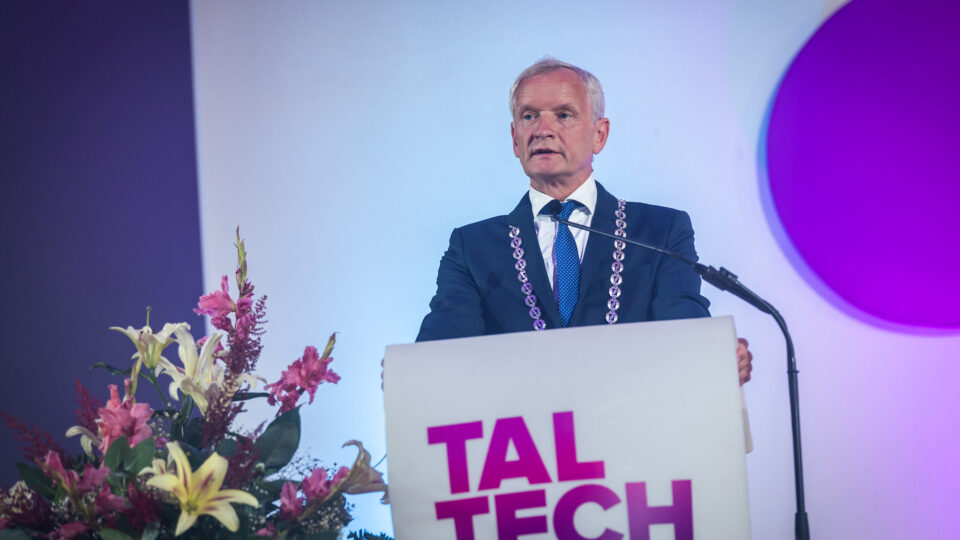The discussion will centre on key themes shaping the university’s future: institutional governance, the landscape of higher education, teaching and student experience, research and innovation, entrepreneurship, and the university’s broader societal role. The debate promises a compelling exchange of visions for the future of Estonia’s leading technological university.
Tarmo Soomere: raising visibility and societal impact
In his manifesto, academician Tarmo Soomere argues that universities in Estonia have thus far made only a modest contribution to society. TalTech, he contends, must lead the way in reversing this trend – by fulfilling its societal mission systematically and visibly, such that its contributions are understood not only by policymakers and entrepreneurs, but also by the wider public. This, he believes, would inspire others in the sector to follow suit.
On research, Soomere notes that TalTech’s international profile does not yet reflect its full potential. Enhancing the global visibility of the university’s researchers would, in his view, strengthen its academic standing and improve the quality of teaching.
Engineering education, he adds, is by nature expensive, but there is a strong case – both politically and economically – for greater investment in this field, particularly when the university’s impact on society is clearly demonstrated.
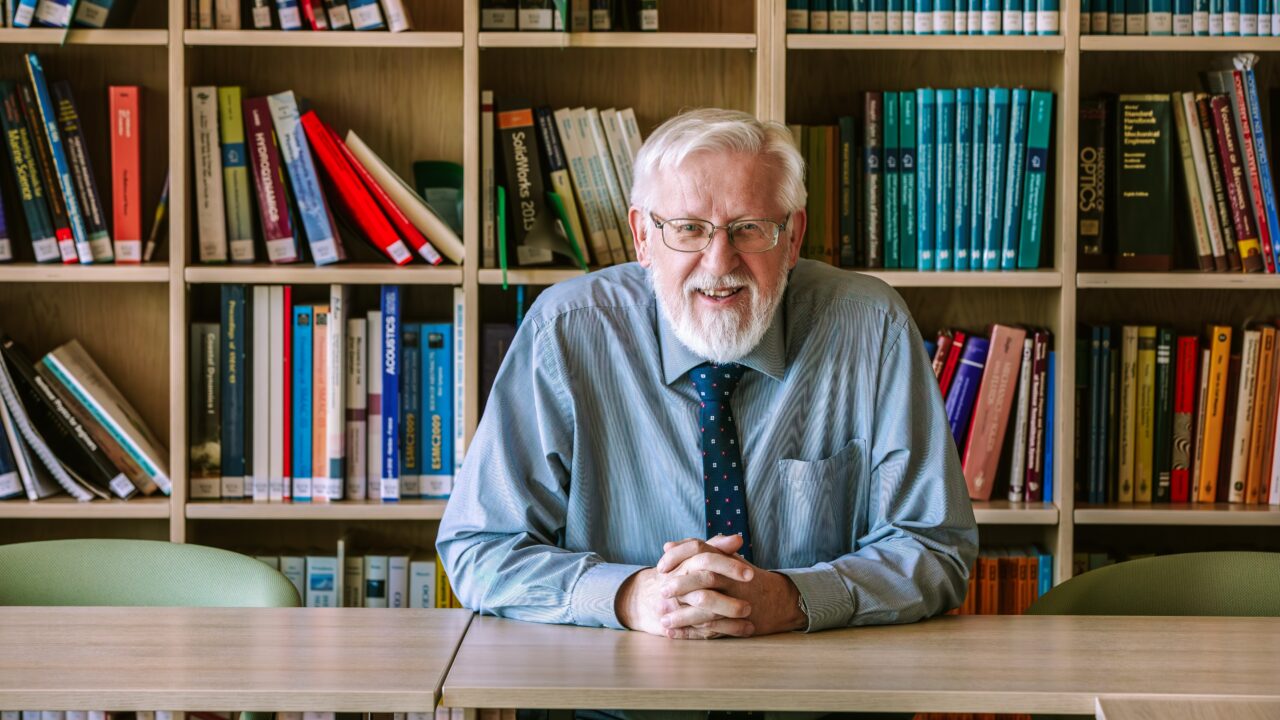
Tarmo Soomere. Photo: TalTech
Tiit Land: ensuring quality and expanding cooperation
Rector Tiit Land, seeking re-election, places particular emphasis on quality in teaching. His development plan prioritises reducing student dropout rates and increasing intake numbers, especially in strategically vital fields such as engineering, IT, and technology.
Land highlights the university’s achievements in research, citing a marked increase in high-level scientific publications. Doctoral students are now recognised as early-stage researchers and enjoy improved remuneration – an initiative that has already helped reduce dropout rates. He also notes that teaching has gained greater recognition within the university’s strategic priorities.
Looking ahead, Land proposes to deepen cooperation with industry and to strengthen TalTech’s contribution to national security by establishing a new interdisciplinary centre of excellence in defence innovation. He underlines the university’s role in policy and public debate, pointing to the Trialoog portal as a notable success in fostering dialogue between researchers, decision-makers, and entrepreneurs – one that is well-regarded and widely referenced in Estonian media.
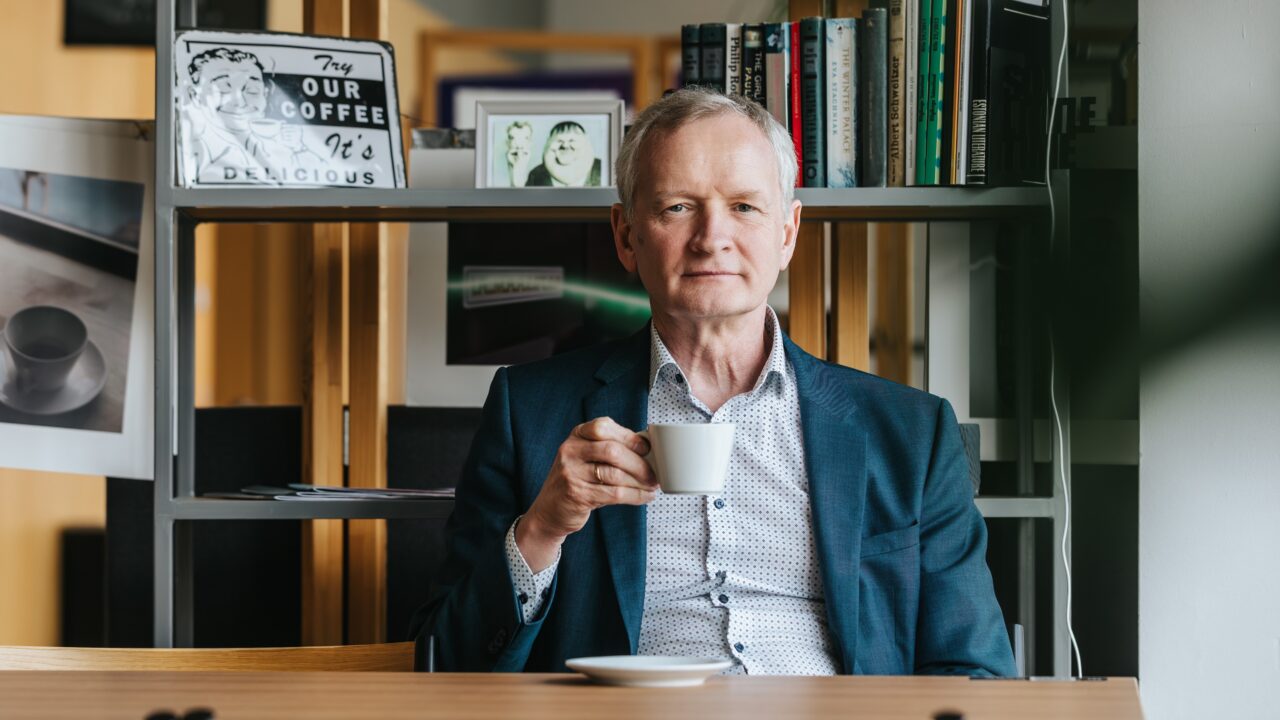
Tiit Land. Photo: TalTech
The rector will be elected on 9 May
The rectoral debate will be moderated by Johannes Tralla, a journalist from Estonian Public Broadcasting (ERR).
The Senate of Tallinn University of Technology will issue its opinion on the candidates on 29 April. The rector will be elected by the University Council on 9 May, with the Senate retaining the right to veto the decision until 9 June.
To be eligible as a candidate, a person must hold – or have held – the position of professor at a university and possess a doctoral degree or an equivalent academic qualification. Each candidate must also be endorsed by at least one member of the University Council.
Since the restoration of Estonia’s independence, TalTech has been led by the following rectors: Olav Aarna (1991–1999), Andres Keevallik (2000–2005, 2010–2015), Peep Sürje (2005–2010), Jaak Aaviksoo (2015–2020), and, since 2020, Tiit Land.
A full overview of the candidates’ programmes is available on the Rector Elections website.
